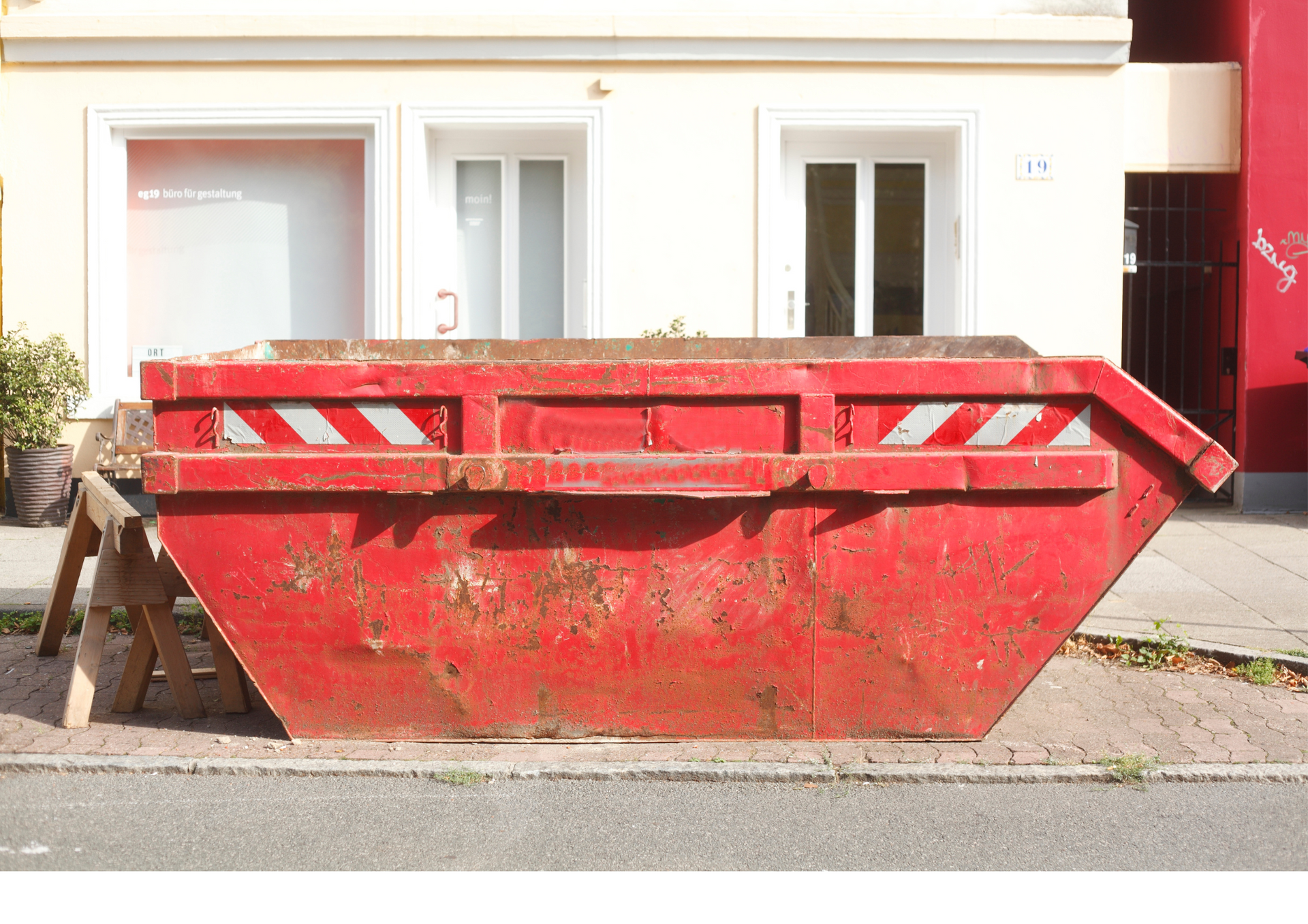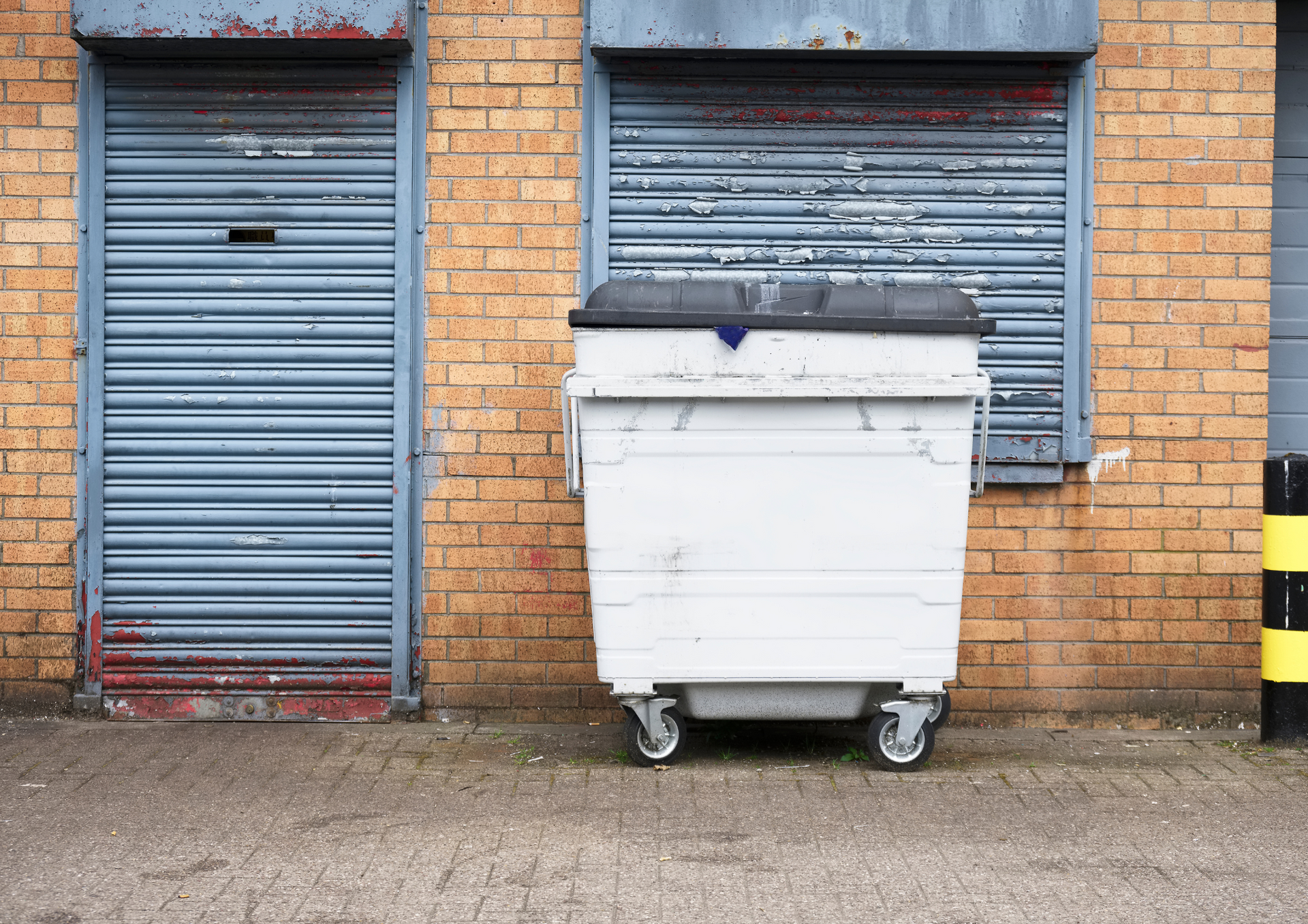Top Tips to Simplify Skip Hire for Events and Festival Planning
Organising a successful event or festival involves more than just entertainment, food, and crowds—it also requires a solid plan for handling waste. Whether running a weekend food market, a community music event, or a large-scale festival, dealing with the rubbish generated is vital to logistics.
Failing to plan waste disposal can lead to cluttered venues, unpleasant environments, and safety hazards. That's where
skip hire becomes a valuable solution. It offers a simple, efficient, and scalable way to manage waste onsite without constant hauling to offsite bins.
This guide shares practical tips to help you make wise decisions when hiring a skip for your next event or festival.
1. Understand Your Event's Waste Volume
The first step to effective event waste management is estimating how much waste your event will generate. For a small community gathering, a single skip hire might do the job. But you'll likely need multiple skips or frequent collections for multi-day festivals or events with thousands of attendees.
Types of waste commonly found at events include:
- Food and drink containers
- Packaging materials
- Promotional flyers
- Broken or discarded equipment
- General litter from the crowd
Event organisers should collaborate with suppliers, caterers, and vendors to gauge expected waste types and quantities. It's wise to overestimate slightly—running out of skip space halfway through an event is inconvenient and unsightly.
If you're searching for
a
skip hire near me, ensure the provider understands event-scale waste planning and can offer flexible collection times.
2. Choosing the Right Skip Size
Skip sizes range from compact mini skips to large builders' skips suitable for bulkier waste. For most events, choosing the correct size depends on the type of waste produced and how long the event lasts.
Here's a basic guide:
- Mini skips (2–3 yards): Ideal for lightweight waste and smaller events
- Midi skips (4–5 yards): Suitable for moderate amounts of mixed waste
- Builders' skips (6–8 yards): Great for general event waste, including bulky rubbish
- Maxi skips (10+ yards): For major events with high-volume waste
If you're planning a one-day event with a modest turnout,
a small skip hire may be the most economical and practical choice. However, always go one size up to prevent overflow if in doubt.
Hiring the wrong size can be more costly in the long run, especially if it results in additional collections or delays due to full skips. Discuss options with your provider to match the skip size to your waste forecast.
3. Site Access and Placement Considerations
Where you position your skip is almost as important as hiring it. Skips should be placed in accessible, safe locations that are close to where waste is generated but don't block pedestrian flow or emergency access.
For events held in public areas such as parks or city centres, you may require a permit to place the skip on the street or public land. Most skip providers can arrange this, but it's best to confirm this in advance to avoid fines or disruptions.
If you're using
skip bins across different parts of your venue, ensure they're clearly marked and easily accessible for both staff and attendees. Keeping waste separated—general rubbish, recyclables, and food waste—also improves efficiency and lowers environmental impact.
4. Scheduling and Collection Timing
When hiring a skip for an event, timing is everything. Arrange delivery well in advance, ideally the day before your setup begins. This ensures it's in place when vendors, construction teams, or organisers begin building stages, installing tents, or setting up food stalls.
You should also schedule collections strategically. For weekend events, consider mid-event collections if heavy usage is expected. Leaving a skip to overflow creates a mess and could result in local authority warnings or penalties.
After the event, allow for a cleanup window before collecting the skip. This gives vendors and staff enough time to dismantle and dispose of waste properly. It's important that collections don't interrupt the final stages of pack-down.
Understanding
skip hire prices can help you plan your budget. Costs typically depend on skip size, duration of hire, and number of collections. Be upfront about your event's timeline to get the most accurate quote.
Efficient waste management is an essential part of hosting any successful event or festival. Planning ahead, choosing the right skip size, placing bins thoughtfully, and coordinating collection times all contribute to a clean, safe, and enjoyable event experience for everyone involved.
By integrating
skip hire into your early logistics, you reduce stress on the day, avoid unexpected problems, and keep your site professional and well-maintained.
At
Skip Hire Loughborough, we understand the unique challenges that come with waste management at events, festivals, and public gatherings. With years of experience, a range of skip sizes, and reliable service, we're equipped to support event organisers, contractors, homeowners, and businesses with tailored waste solutions.
Latest on X: Make
skip hire easy for your next big event or festival!




